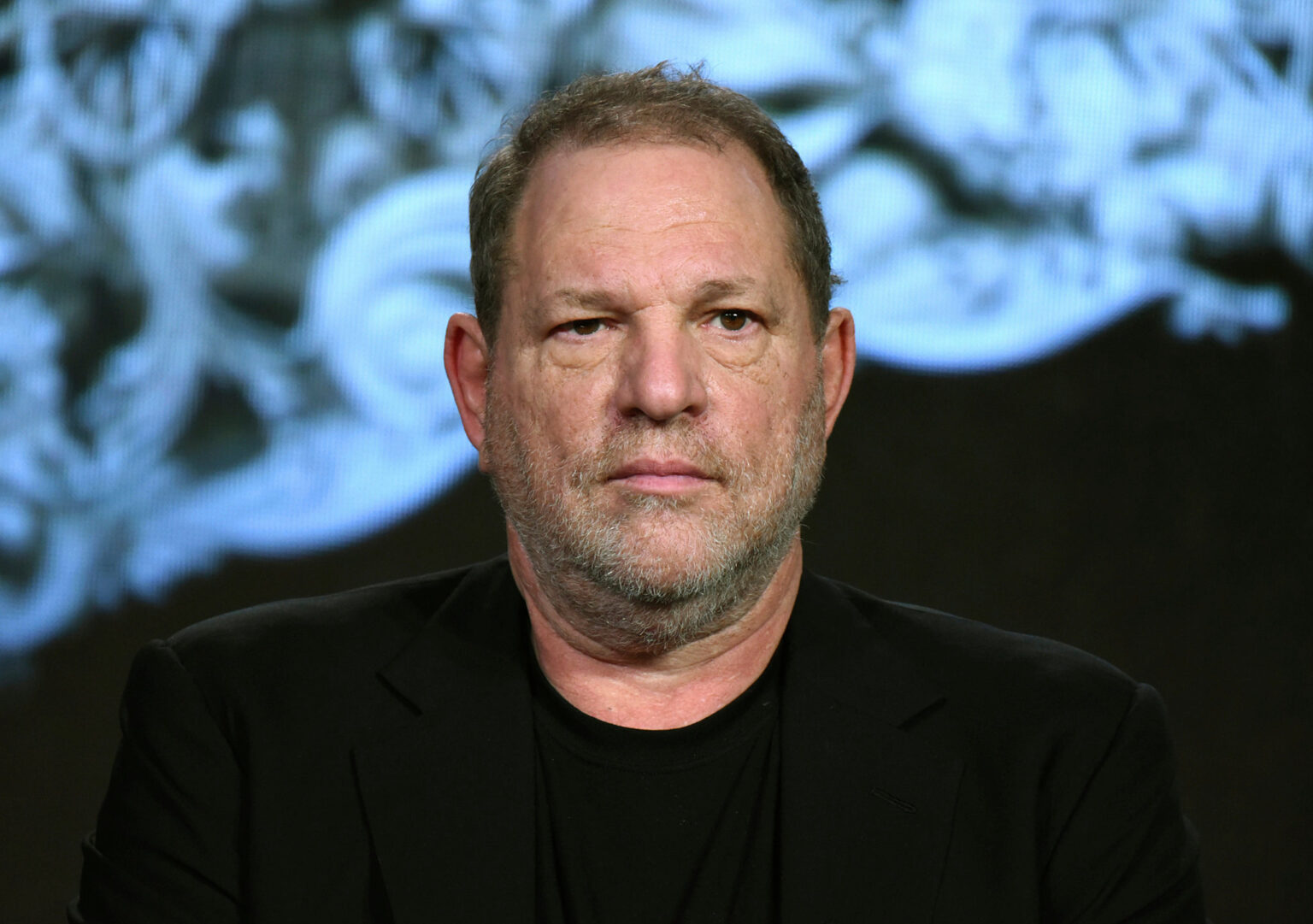
Hollywood Hiring in the Wake of Harvey Weinstein
It’s been over four years since news first broke about the criminally reprehensible actions and behaviors of movie producer Harvey Weinstein. Once one of the most successful and respected men in Hollywood, Weinstein is currently serving a 23-year sentence for rape and sexual assault. The scandal surrounding Weinstein – and how the entire film industry looked the other way for decades – set in motion the phenomenon that would later be dubbed the #MeToo Movement.
They say safety rules are written in blood. Those working in Hollywood know this better than anyone. But something similar could be said for other workplace policies. After all the horror stories about rampant sexual harassment, assault, and abuse throughout Hollywood, studios were determined to make changes.
From a cynical point of view, one could easily conclude they opted to protect themselves from further lawsuits and unsavory headlines, but the ends justify the means. With this in mind, let’s take a look at five ways Hollywood has changed its hiring practices and workplace policies in the wake of Harvey Weinstein:
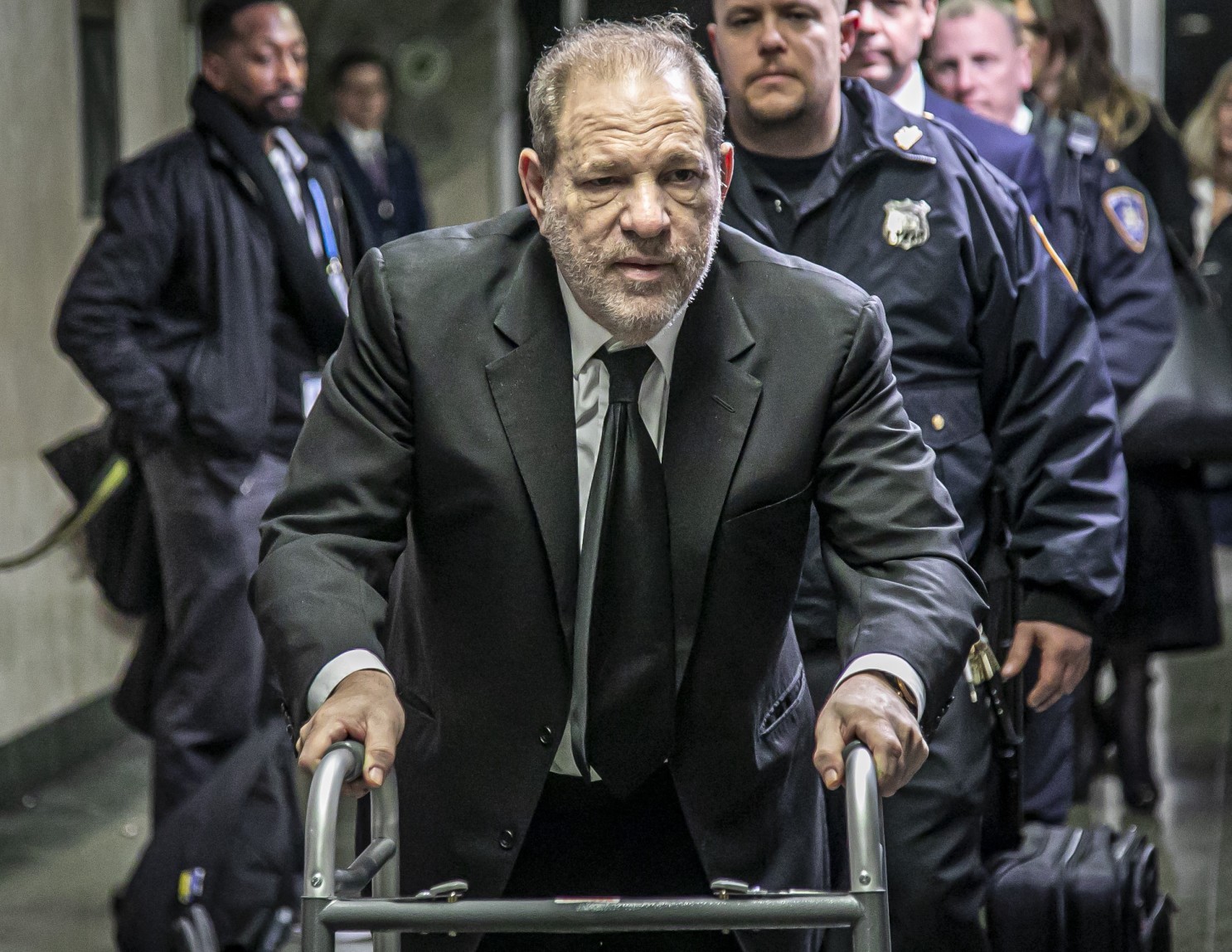
Better background checks
The first step towards keeping sexual predators off set is to avoid hiring them in the first place. As a result, many studios decided to beef up their background check systems. Since film and television production is a fast-moving enterprise, fast background check solutions were needed that provided sufficient assurances of someone’s credibility and trustworthiness.
While adequate background checks aren’t going to prevent every predator from making their way up the show business ladder, they serve as a meaningful way to make it much harder for them to find work in Hollywood.
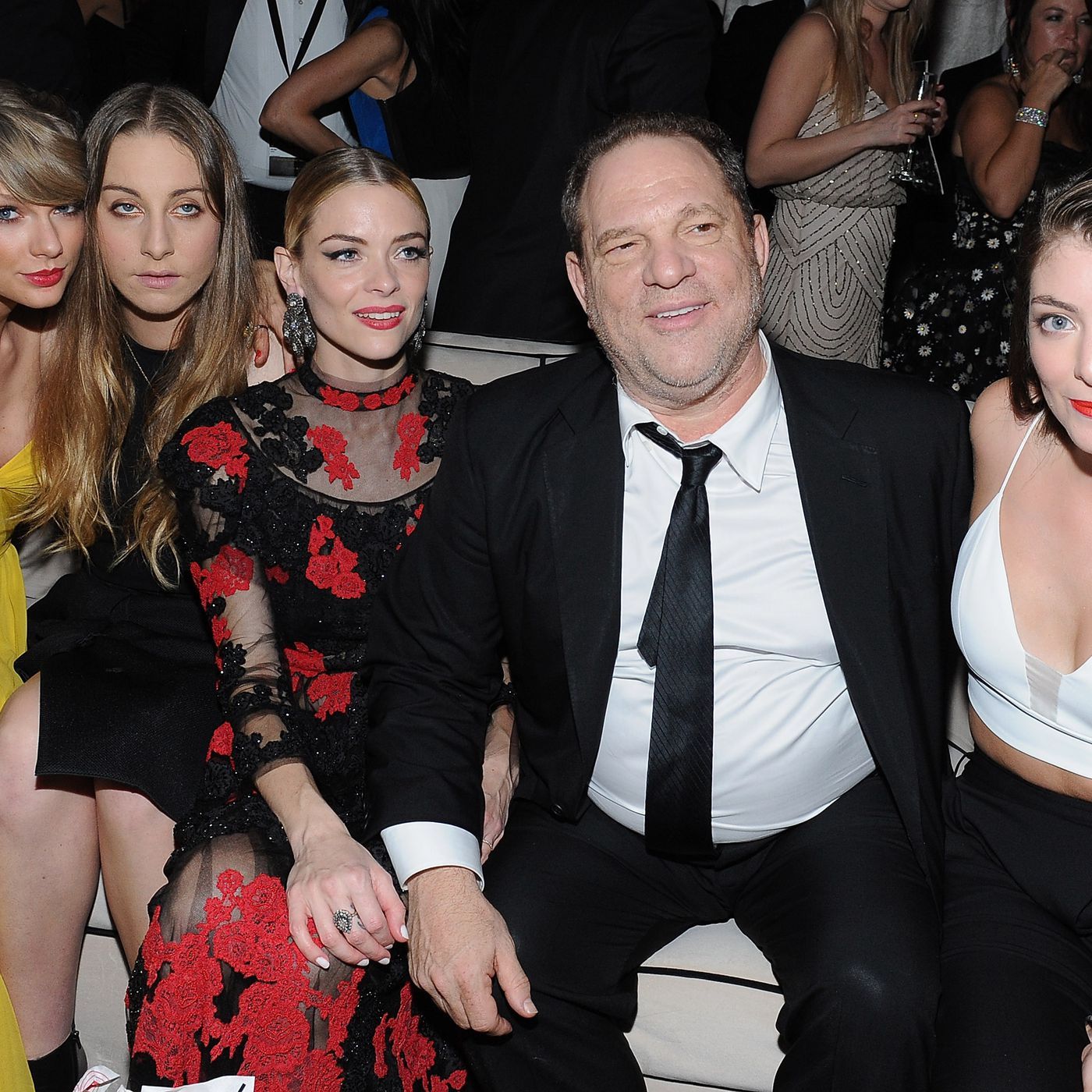
Hiring more women and minorities
One of the secondary albeit significant revelations to arise from the Weinstein scandal was the shameful lack of diversity throughout the upper echelons of Hollywood. Everywhere you looked, older men – primarily white older men – ran the studios, produced the pictures, and directed the action.
Given this “old boy network,” it’s no surprise so many sexual predators were allowed to run rampant throughout show business for so long. By placing more women and minorities in positions of power, the studios make it easier for victims to come forward and harder for assailants to abuse and harass their coworkers.
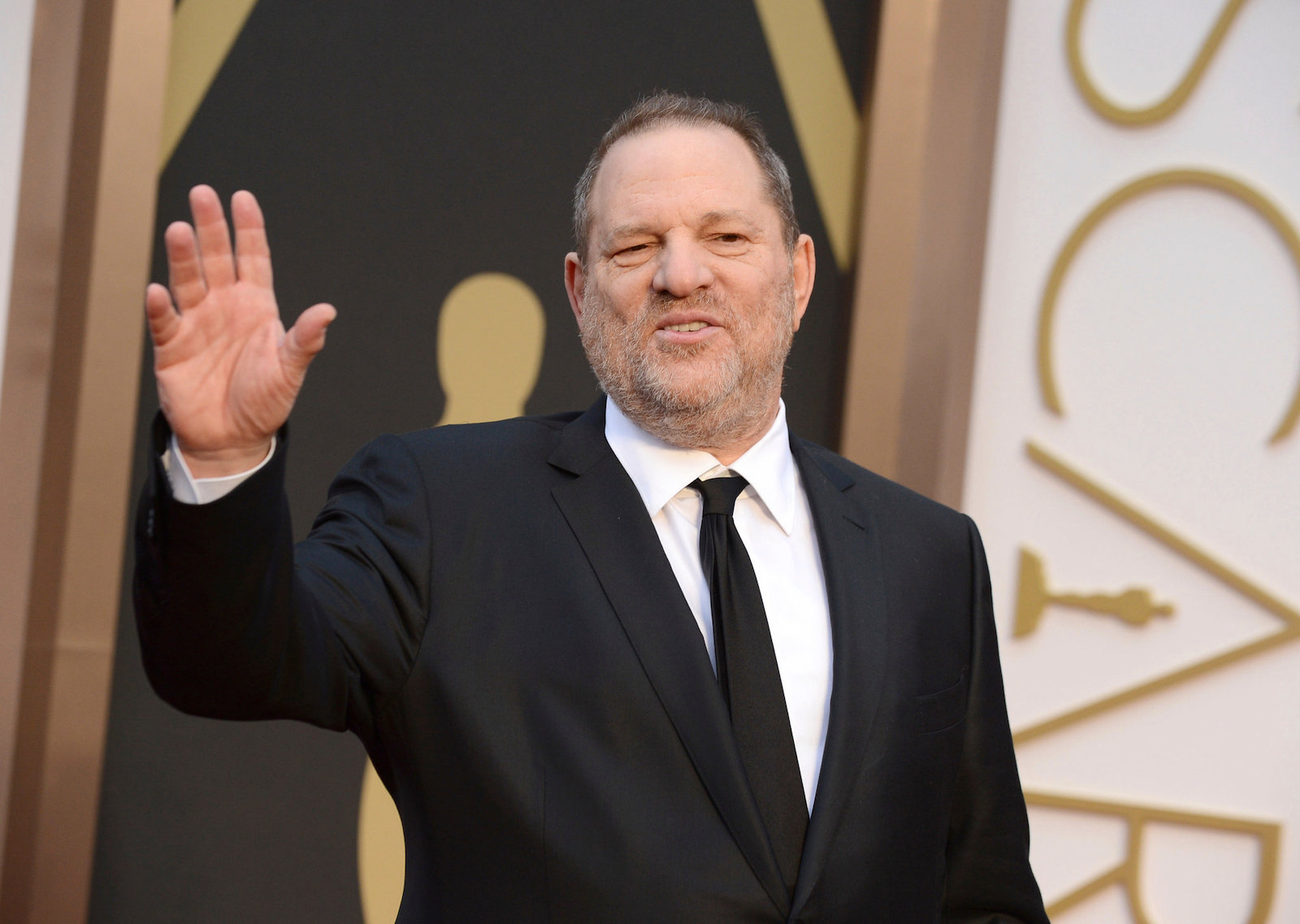
Encouraging cast and crew to speak up
Film and television production leaves little room for error. Disruptions and delays mean thousands or even millions of dollars wasted. Before the #MeToo Movement, the prevailing method for dealing with sexual harassment was to discourage men and women from speaking out about it. Doing so typically meant putting an end to your career.
Fortunately, that’s no longer the case. From production assistants to executive producers, everyone is encouraged to speak up and be heard.

Zero tolerance approach to sexual harassment
It doesn’t take much research to discover several sexual harassment and assault scandals in Hollywood before the revelations about Harvey Weinstein. However, those accused and even convicted of abuse and rape seemed to escape ostracization from the industry.
Once the heat died down, these creeps were slowly allowed to return to work. Not anymore. If your name is tied to credible accusations of sexual assault, your career is effectively over.
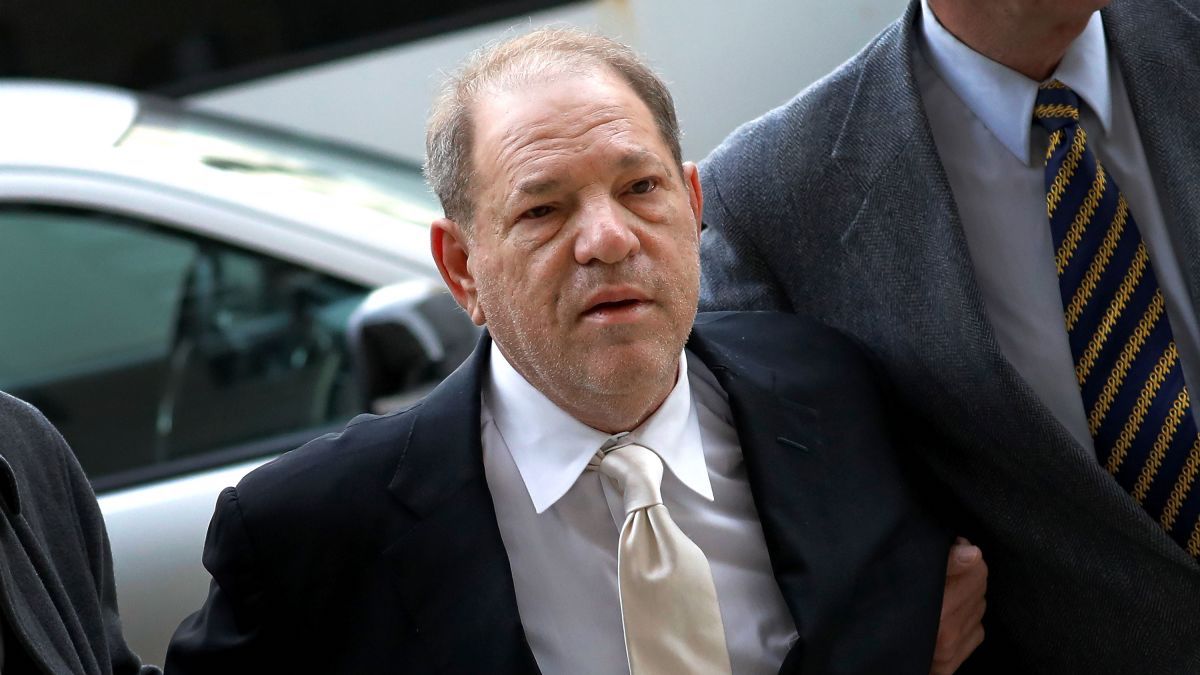
End of an era
Anyone who spent significant time working in Hollywood during the 20th century and early 2000s will attest to the unwritten rule regarding sex in show business. Simply put, those willing to trade sex for favors were more likely to succeed.
Selma Hayek’s experience with Harvey Weinstein during the making of her passion project Frida is a testament to this cruel and unethical approach to filmmaking. Now that the dirty laundry is out in the open, Hollywood can no longer function on this unofficial system. It was always despicable, but now it’s unacceptable.
Hollywood is constantly in a state of change and evolution. While most of that transition occurs in the form of innovative filmmaking and creative storytelling, it also includes how show business changes from within. Progress is slow but steady. In due time, the era of unchecked sexual abuse in Hollywood will be nothing but a thing of the shameful past.



